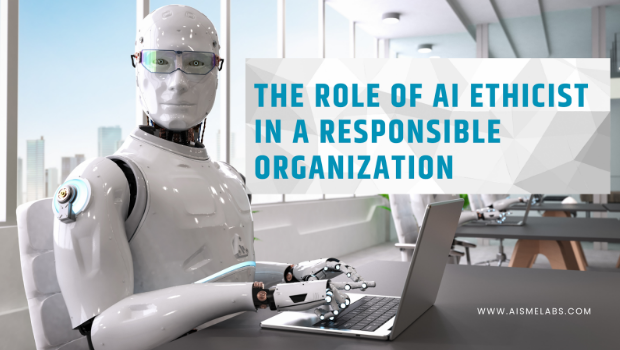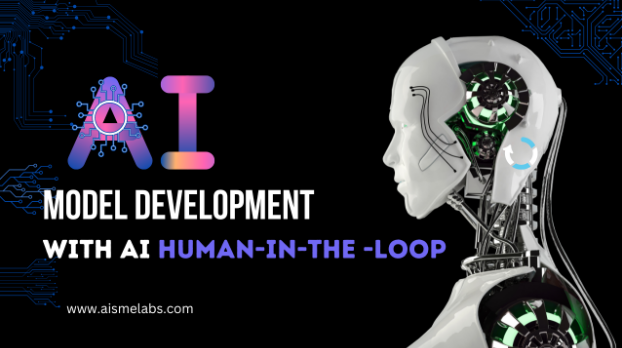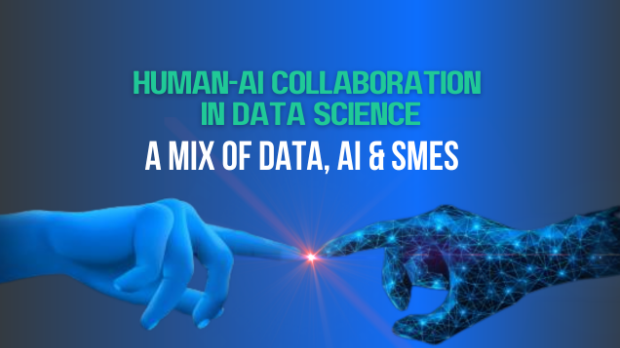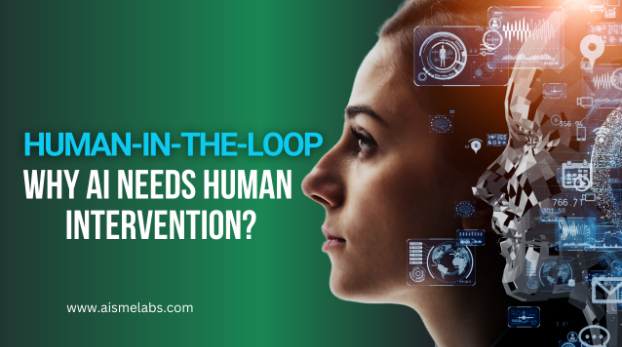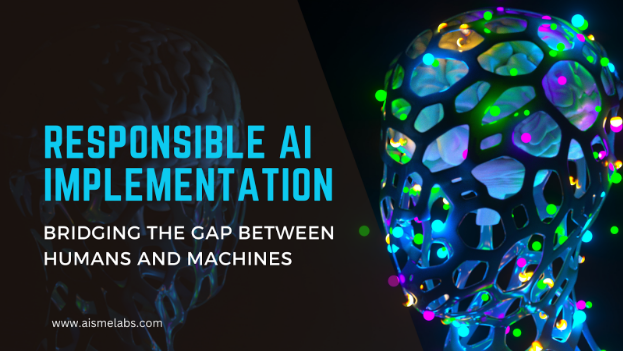Over the past decade, AI systems have become highly sophisticated and independent, impacting millions of lives across the planet. However, these complex, opaque AI systems may cause more social harm than benefits if not made ethically.
“As AI decisions increasingly influence and impact people’s lives at scale, so does the associated responsibility on the enterprise to manage the potential ethical and socio-technical implications of AI adoption.” ~ Accenture
It is crucial for businesses to make sure that their AI systems are developed ethically and professionally. The ethical and humanistic ideals that ought to direct the creation and application of Responsible AI are promoted by AI ethicists, who are essential to this endeavor.
In this article, we will discuss the role of AI ethicists in an organization, along with their responsibilities and capabilities.
Who is an AI Ethicist?
AI ethicists are experts having a solid understanding of ethical AI principles and implementation. They apply these principles to real-world scenarios to examine the ethics of AI systems and ensure they align with ethical standards. In addition to knowing ethics, AI ethicists profoundly understand AI technology.
AI ethicists don’t engage in the technical development of AI systems. Instead, they thoroughly understand key concepts such as data labeling, supervised and unsupervised learning, and obtaining user consent.
The Need for AI Ethicists in a Responsible Organization
AI developers are responsible for creating advanced AI platforms that offer significant business benefits. However, while building and enhancing these systems, there may be instances where the engineers and developers don’t consider the potential for biases or ethical concerns to arise.
For example, a facial recognition system was developed in 2018, which showed biases while identifying people. While the procedure could accurately recognize lighter-tone men, it was erroneous in identifying women with dark skin.
AI technology encompasses a set of guidelines, codes, and principles at the policy and organizational levels that aim to be followed. AI ethicists utilize these principles to evaluate whether AI systems’ deployment, development, and design align with ethical standards.
A Responsible organization needs the expertise of an AI ethicist to:
- Avoid AI bias
- Ensure AI transparency
- Ensure the confidentiality, privacy, and security of data
- Mitigate risks and develop systems, benefiting society at large
AI Ethicist Responsibilities & Capabilities
It is the responsibility of AI ethicists to advise businesses on the moral and societal ramifications of their AI systems. They can determine the potential effects of AI systems and offer suggestions to ensure that these systems are consistent with the organization’s moral and ethical standards guaranteeing accountability for decisions and deeds.
Some particular duties and skills of AI ethicists include the following:
Business Savvy & Industry Expertise
An AI ethicist can more successfully advocate for ethical issues in the creation and implementation of AI technologies and have a more substantial influence on the ethical usage of AI in the industry by integrating business savvy and domain expertise.
Technical Expertise
AI technologies, including machine learning algorithms, natural language processing, data analysis, and robotics, should be well-understood by AI ethicists. This way, AI ethicists will be better able to evaluate the technical features of AI systems.
Regulatory Expertise
To evaluate the legality, AI ethicists should be aware of the pertinent laws and regulations relating to AI, such as data protection legislation, privacy rules, and labor laws. AI ethicists may ensure that AI systems are created and utilized in a way that complies with regulatory obligations.
Communication Abilities
Strong communication abilities assist AI ethicists in communicating with stakeholders in productive ways and advance ethical considerations while designing and implementing AI systems.
What Role AI Ethicists Play in a Responsible Organization?
A group of AI ethicists with these qualifications would bring moral, economic, and political concerns to the design and use of AI systems. They should have interdisciplinary professional experience, be able to create governance mechanisms, and engage in public campaigning.
The AI ethicists play the following roles in a responsible organization:
Maintaining Accountability
There needs to be more transparency for choices taken throughout the value chain, and the role of AI ethicists in this regard is establishing and putting into practice procedures for auditing and keeping an eye on AI systems to spot any potential unethical behavior or detrimental effects. Along with arguing for robust and efficient mechanisms for accountability, such as dispute resolution procedures, to handle any problems that may arise from using AI.
Mentorship & Training
AI ethicists collaborate with various teams to inform organizations about ethical AI practices. They would be expected to write policies and design pertinent training sessions. Additionally, AI ethicists ought to guide and mentor staff members.
Preventing AI From Straying Beyond Ethical Boundaries
By guiding on designing and implementing AI systems and regulating their use to ensure it is consistent with ethical practices, AI ethicists play a vital role in limiting AI from breaking ethical limits. Additionally, they participate in research and legislation created to advance responsible and ethical AI practices and enable AI industry stakeholders to become more aware of possible ethical concerns.
Evaluating AI Systems
AI ethicists’ role at an organization is to assess AI systems from an ethical standpoint to ensure they are built and utilized responsibly, uphold civil dignity, and are consistent with internalized ethical ideals and values. This entails evaluating possible dangers and prejudices in the data used to develop AI systems, guaranteeing accountability and disclosure in decision-making, and considering the ethical ramifications of using and deploying AI systems.
Enable a Responsible Organization with AI+SME
AI Ethicist provides expert guidance on ethical AI practices to protect organizations from bias and unintended consequences, enabling a responsible organization and ensuring accountability. However, some companies still view this role as a mere addition and have yet to comprehend its significance fully.
Looking to benefit from the expertise of SMEs? We have got you covered. AISMES host a network of trusted SMEs who can help you translate ethical principles into practical, measurable metrics.
Get in touch to learn more about our contribution to Responsible AI, or request a free assessment today!

